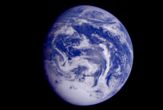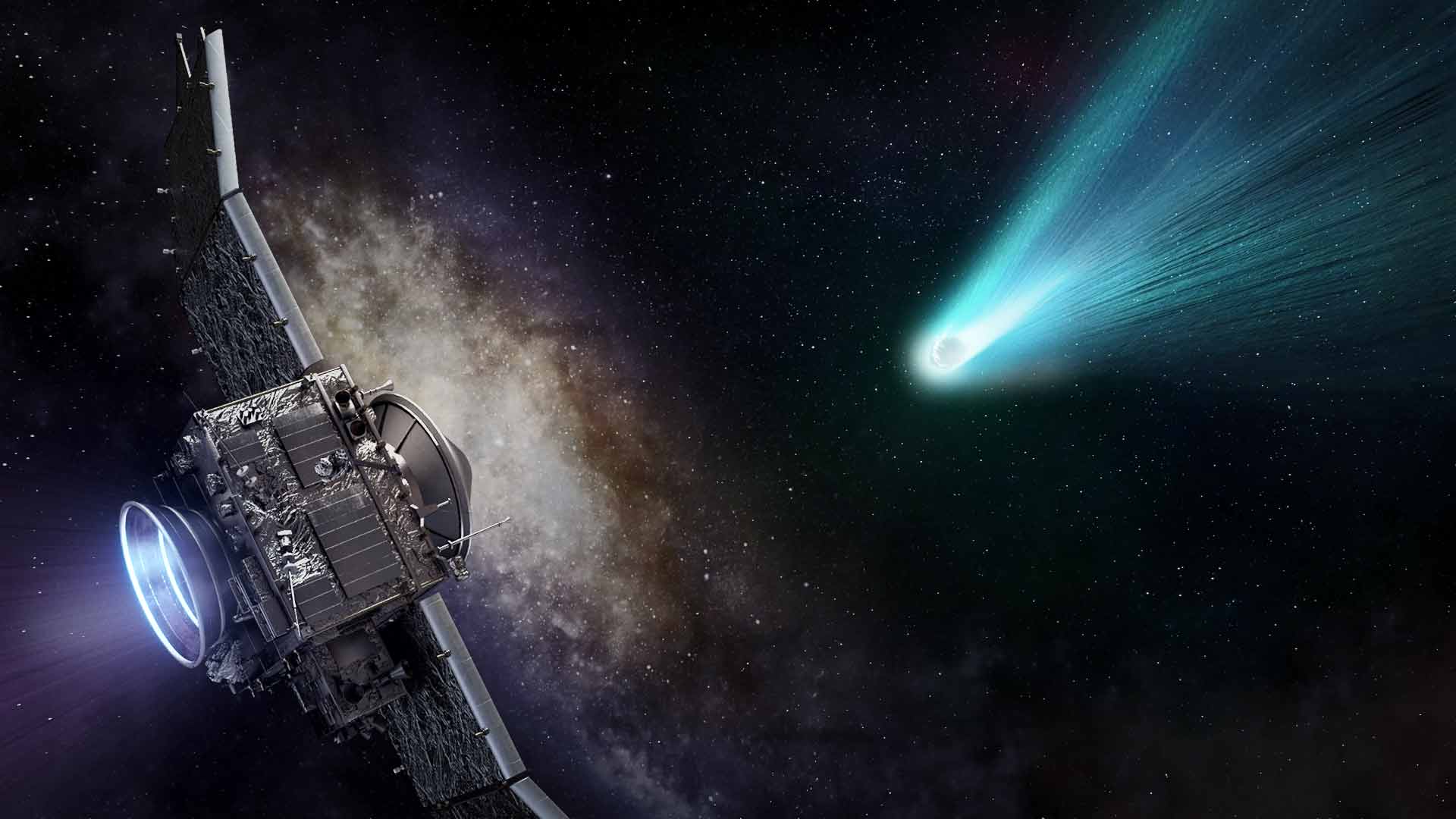The Irony of Global Warming: More Rain, Less Water

Even though a warmer planet is expected to bring more precipitation, we humans may not be able to capture enough of it.
As the climate warms, more water will fall in the form of rain rather than snow, studies have shown. New modeling details how reservoirs will fill earlier than normal, and how snow will melt earlier in the year, altering the timing of runoff that water officials count on in many major reservoir systems.
"When you change the seasonality of how rivers flow you are essentially putting the water runoff all into spring rather than being able to draw it out through summer," says Tim Barnett of the Scripps Institution of Oceanography. "Mother Nature is not going to act like a reservoir as it has in the past and when the water comes out all at once there isn't enough capacity to contain it."
Systems that can't hold an entire season of runoff all at once will be challenged to meet the demands of their water customers.
The idea that global warming will bring more rain and less snow goes back to at least 1999, when a University of California, Santa Barbara researcher said "There will be too much water at the wrong time and too little when we need it."
Water available for human use from California's Sierra Nevada mountains could be reduced by 15 to 30 percent, Barnett and his colleagues showed in a previous study. They've now applied their model to other regions.
Earlier spring water runoff will threaten agricultural production in the Canadian Prairies. In Europe, peak water availability in the Rhine River Basin may be reduced, affecting industry, agriculture and residents.
Get the world’s most fascinating discoveries delivered straight to your inbox.
Shipping, flood protection, hydropower generation and revenue from skiing all could be threatened, the scientists say.
"Even more serious problems may occur" in regions dependent on glaciers, Barnett and his colleagues write in today's issue of the journal Nature, "because once the glaciers have melted in a warmer world, there will be no replacement for the water they now provide."
Other studies have revealed alarming retreats of glaciers in Greenland and Antarctica, in both cases attributed to warmer climates.
"At current rates some of the glaciers may disappear in a few decades, if not sooner," Barnett's team writes. Large numbers of people could be affected by melting glaciers in South America, China, India and other parts of Asia, they conclude.
Robert is an independent health and science journalist and writer based in Phoenix, Arizona. He is a former editor-in-chief of Live Science with over 20 years of experience as a reporter and editor. He has worked on websites such as Space.com and Tom's Guide, and is a contributor on Medium, covering how we age and how to optimize the mind and body through time. He has a journalism degree from Humboldt State University in California.



